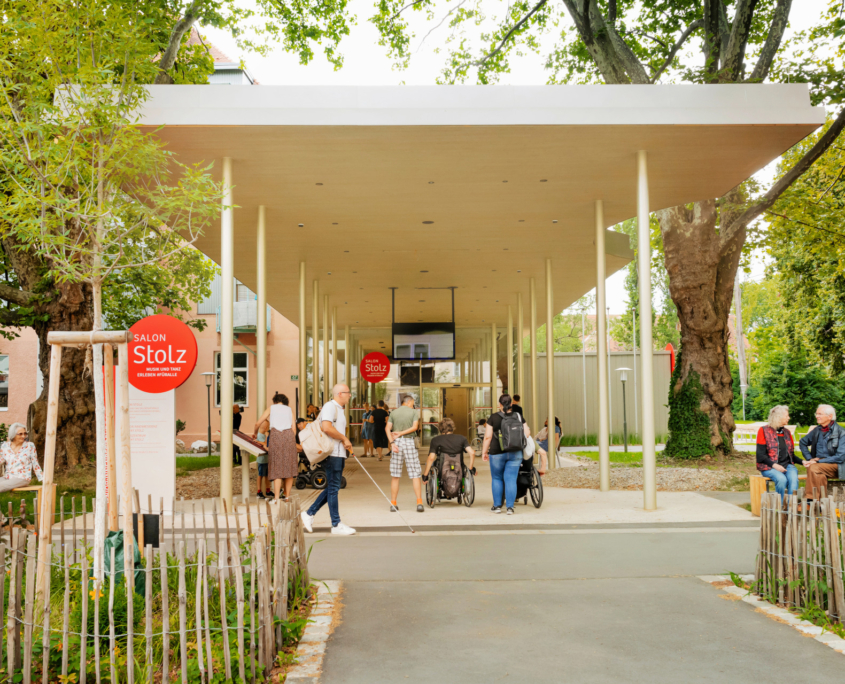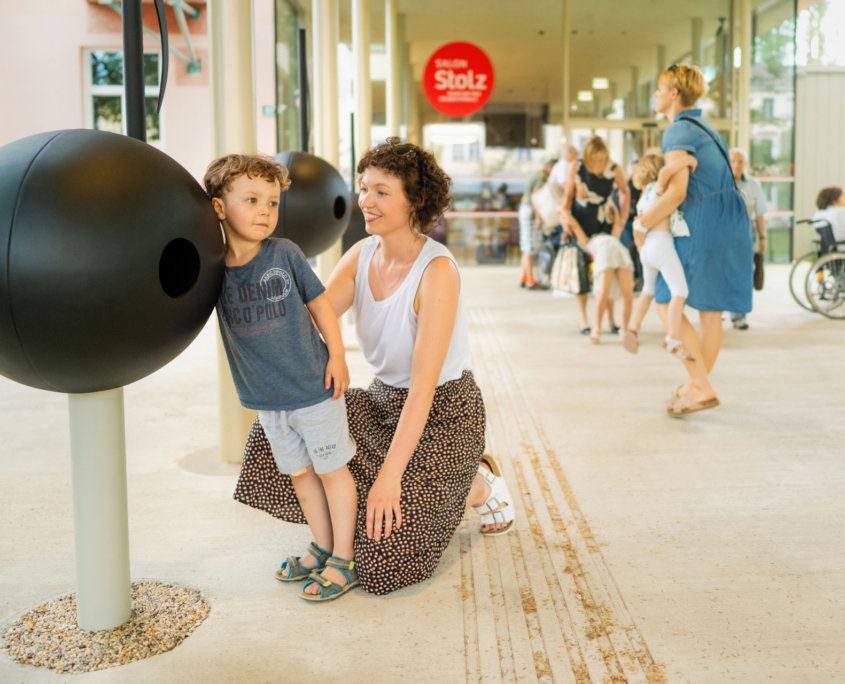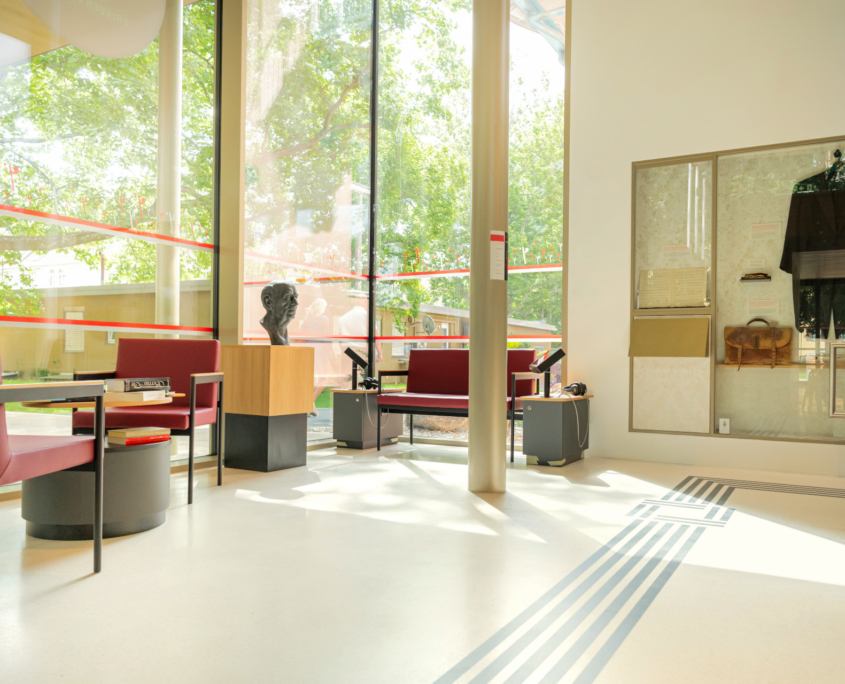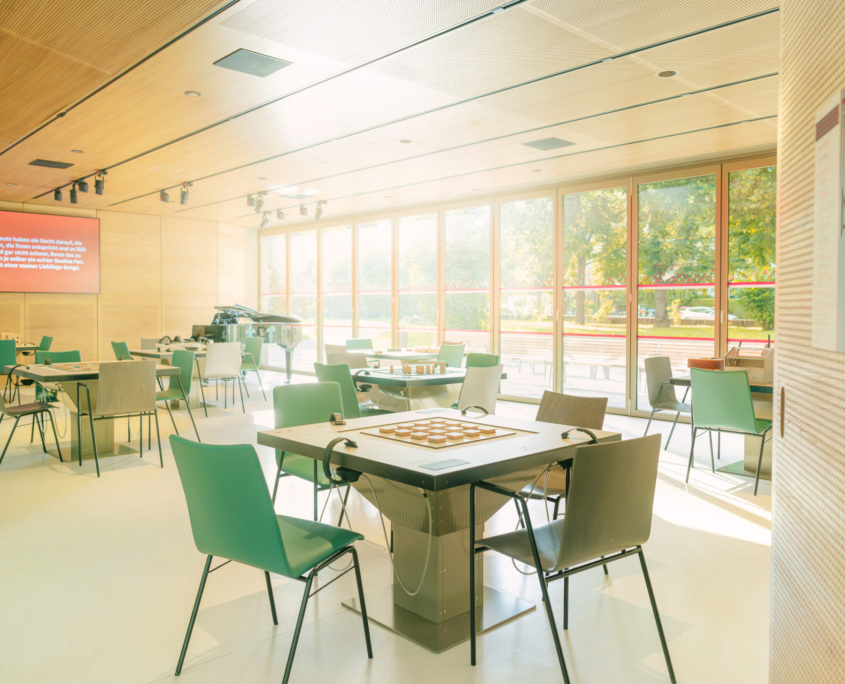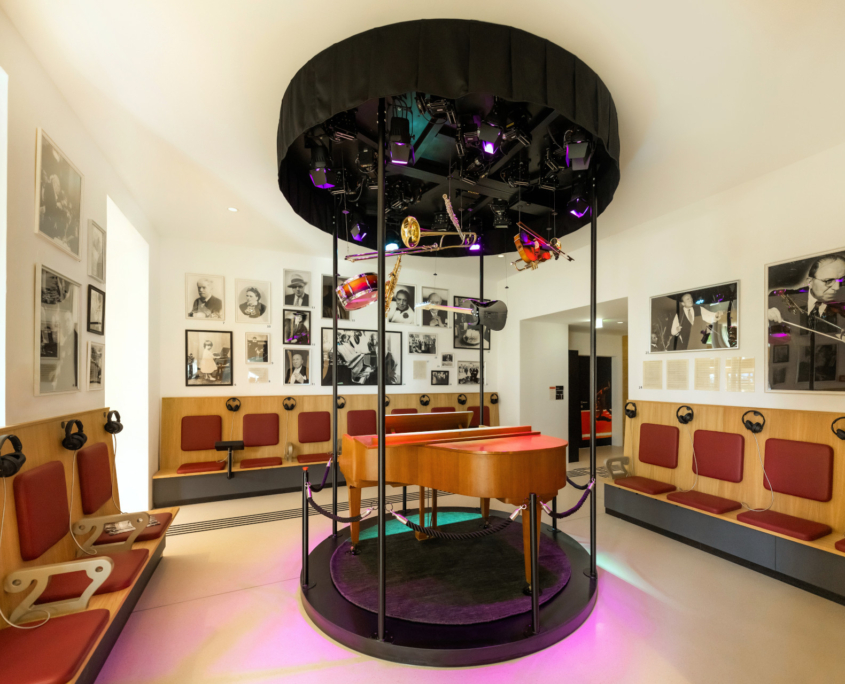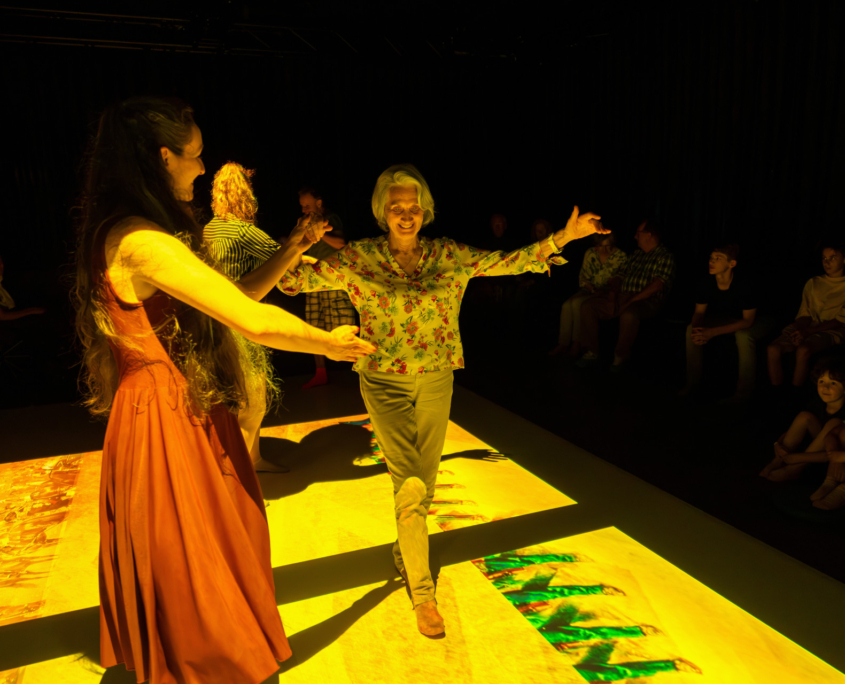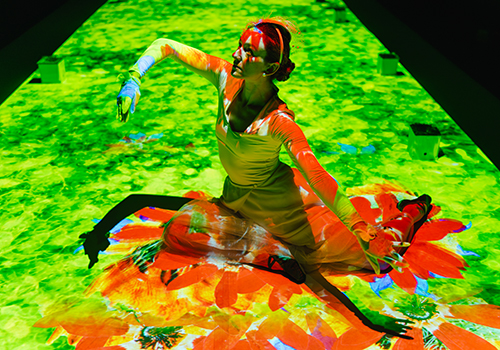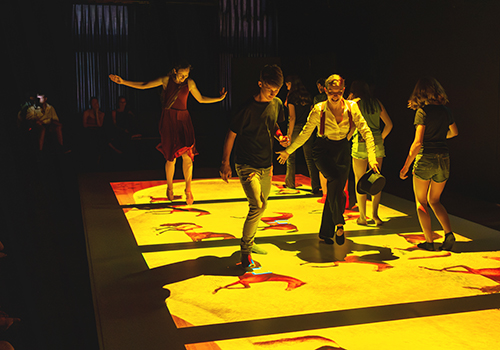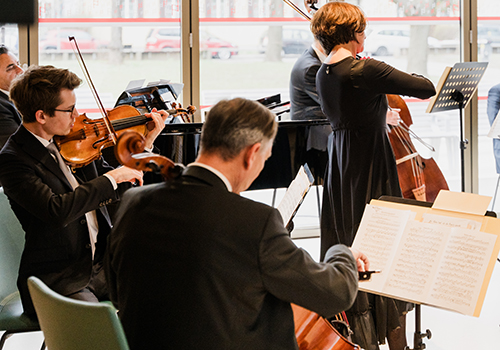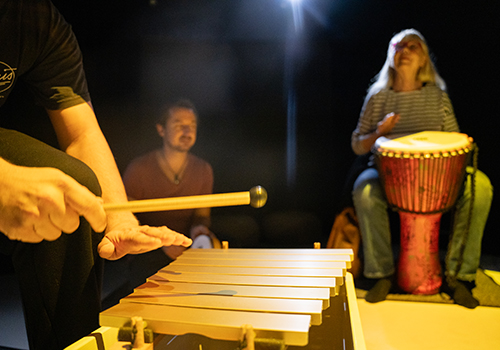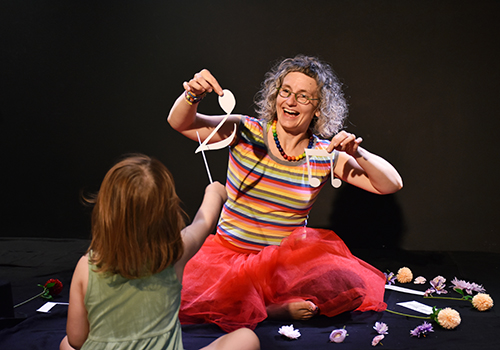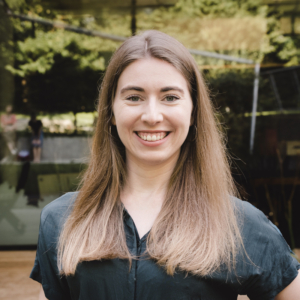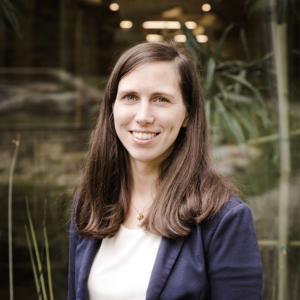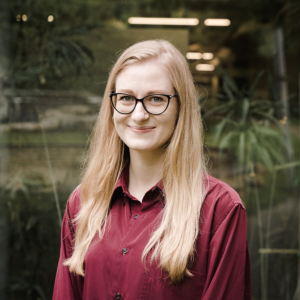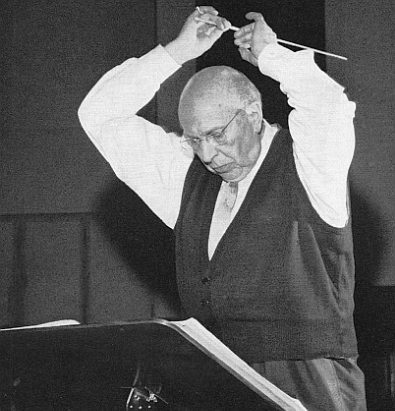Robert Stolz
Robert Stolz (Graz, 1880 – Berlin, 1975) was a passionate composer and conductor. He adapted his music to the style of the time and remained successful for many decades. He wrote operettas, film music, ice revues and approximately 2,000 individual songs.
Graz, Vienna, Berlin, Paris and New York City were important places throughout his life.
As a young musician, Robert Stolz conducted for the Graz Opera and later worked in Maribor, in Salzburg, in Brno and in Mannheim. In 1905, he moved to Vienna and began to do what he loved most in the world: composing. He even ran a small theatre in Vienna, albeit not very successfully. Stolz moved to Berlin in 1924. Once sound film began to conquer the world, Stolz successfully composed numerous film scores. In 1936, he left Berlin and moved back to Vienna. Before the outbreak of World War II, he travelled to Paris. In 1940, Robert Stolz fled Europe to start a new life in New York City together with his fifth wife Yvonne Louise Ulrich, better known as Einzi. From then on, Einzi became the most important person in his life.
In 1942, the German Reich stripped Robert Stolz of his German nationality and he lost his entire fortune. Much like in the beginning of his career, he found himself back at the conductor’s stand and very successfully performed classical Viennese operettas. His concert tour “A Night in Vienna” was very popular. While living in the United States, his music became louder and more bombastic, more American. Ultimately, Stolz was nominated for two Academy Awards for his film scores. Despite his remarkable success, he returned to Vienna after the end of World War II. He allowed his music to be re-arranged many times over and to be adapted to what was popular at the time. This was the secret to his success. Countless versions of his songs were created. Stolz continued to work energetically, even later in life. He created recordings for gramophones, TV appearances and ice revues.
In 1965, at the age of 85, he celebrated one of his greatest successes: he was given the chance to conduct “Die Fledermaus” (The Bat) by Johann Strauß at the Vienna State Opera. Up until his last days, he loved nothing more than to compose and conduct. His music remains present here and there, anchored in many ears and even more hearts.



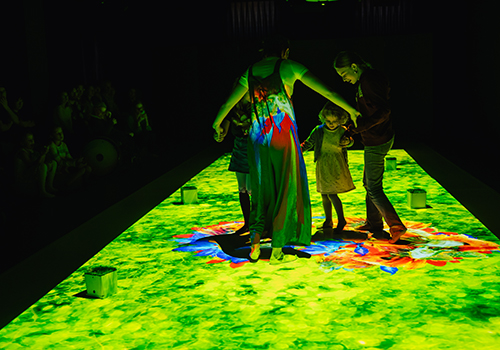 © Edi Haberl
© Edi Haberl © freepik
© freepik